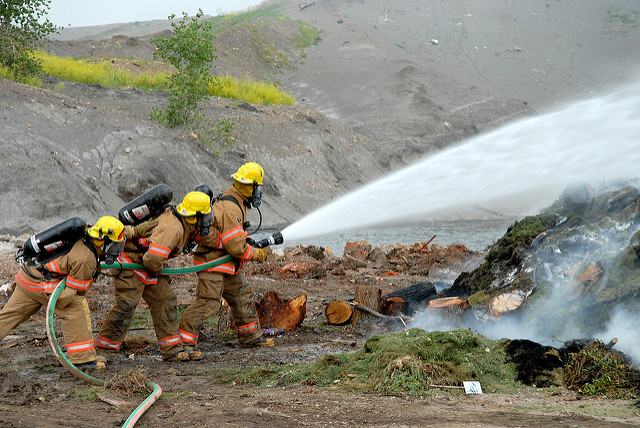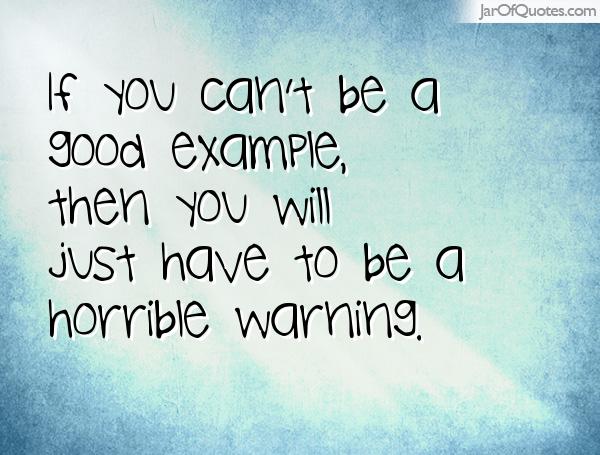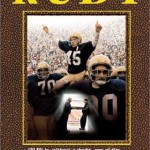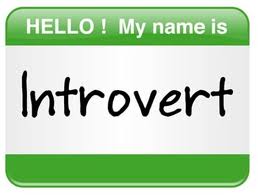“When you want to fight fire with fire, remember that the fire department uses water.”
—Author Unknown
When was the last time you were in a heated argument with tempers flaring and things getting out of control? If you cannot recall a specific event, just turn on a local, national, or global news program to see plenty of examples!
Rarely do such interactions result in win/win outcomes. Most of the time, we are left with win/lose or lose/lose results.
When we consider how to put out undesirable fires, all we need to do is take a bit of coaching from professional fire-fighters: use water to reduce the temperature of burning materials and extinguish the flame.
EXERCISE:
What new and more constructive ways of dealing with heated situations can you find to produce a better result for everyone involved?














